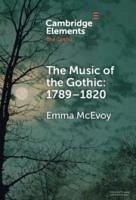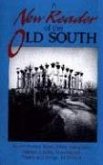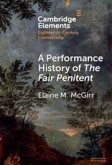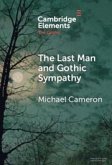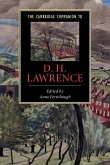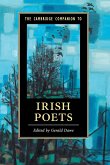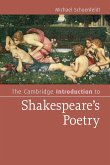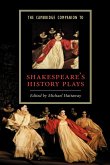Music plays an essential role in Gothic in the years 1789-1820, but it signifies very differently at the end of the period compared with the beginning. In the 1790s, the music of Gothic novels and plays is not Gothic music; it is celebratory, calming or transcendent rather than scary. By 1820, the music of Gothic is more likely to provoke shock, discomfort and unease. Melodrama brings about this change. Its ascendancy had long-lasting effects on the music of the Gothic more generally - in fiction and poetry, on the stage and the screen. The book considers work by writers including Ann Radcliffe, Matthew Lewis, Eliza Fenwick, Samuel Taylor Coleridge and James Boaden in conjunction with music by composers such as Michael Kelly, Stephen Storace and Samuel Arnold. Audio files of the music accompany the book.
